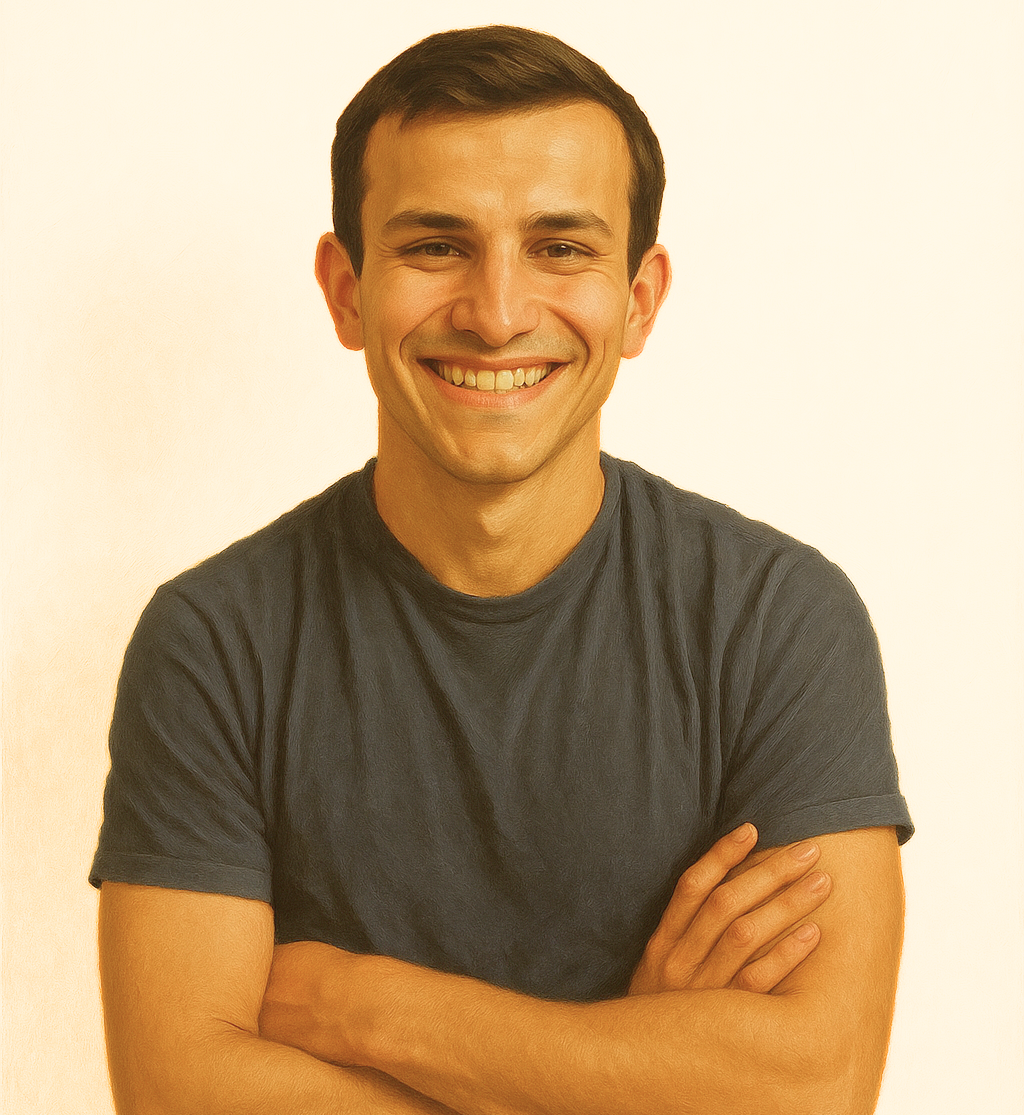
Most ecological initiatives in Armenia are in the capital Yerevan or in isolated rural areas. The environmental NGO Maqoor is expanding eco-activism to regions of Armenia where environmental issues need urgent attention.
“The idea for Maqoor came about during a visit to Armenia with friends from abroad,” says Gevorg Ghazaryan, one of Maqoor’s three co-founders. “As we toured the country, we saw it through their eyes – the large amounts of waste, the lack of environmental awareness, and the general indifference people had about taking care of the environment. We promised them that in three to five years, they’d see a changed Armenia, where people care about their environment.”
Since its founding in 2023, Maqoor, which means ‘clean’ in Armenian, has made huge impact both at home and abroad, spearheading initiatives in Armenia which have mobilised hundreds of young people on environmental issues and working with organisations like the United Nations and the University of Pennsylvania.
Young people driving change
“Older generations tend to be less engaged on environmental issues and the challenges can feel overwhelming,” he says. “Youth are getting involved and are stepping up. They’re leading initiatives and inspiring others. Change is possible.”
The young NGO has harnessed that youthful enthusiasm through initiatives like its flagship Maqoor Villages Programme, which takes schoolchildren to rural villages to learn about environmental protection in a hands-on way, and the Maqoor Academy which takes that education online.
From this starting base, the challenge for the team was formalising their work and broadening their impact internationally.
“We partnered with EARTH.ORG to create Armenia’s first official Earth Day,” he says. “We mobilised hundreds of volunteers to take part in cleanup projects across the country. In 2023, we launched Global Maqoor Day, which has attracted participants in more than 60 countries. I also represent Maqoor in the United States, at the United Nations and other international fora.”
Bringing light to the source
With EED funding, Maqoor has established an Eco-Activism Centre in Vagharshapat, a town on the borders of the Ararat and Armavir provinces, just outside Yerevan.
Gevorg explains that both these provinces have suffered from decades of environmental degradation and poorly-managed industrial development. Abandoned farmland stands as testament to Soviet irrigation projects that led to soil salinisation and the over-extraction of groundwater, while heavy fertiliser and pesticide application left chemical residues in soils. The area is a hub for emissions-heavy cement production and cyanide-leaching gold extraction.
Historically, there has been limited engagement with local governance on environmental issues by civic society and local stakeholders.
Fifty kilometres away across the Turkish border, the famous snow-capped peak of Mount Ararat is visible from the roof of the new Centre. Its dramatic natural beauty is a fittingly inspiring backdrop.
“The opening of the Eco-Activism Centre was my best day on the job so far,” he says. “This funding has enabled us to plan long-term educational programmes, given us credibility, and is helping us to attract additional resources and partnerships.”
An eco-activism accelerator
“The Centre works closely with local environmental organisations and initiatives,” Gevorg relates. “We provide an open space for them and whatever additional resources we can, whether that means guidance, supplies or connections.”
It hosts school and student groups and has held training programme for journalists from local universities, raising awareness about environmental journalism.
“We’re providing experience and encouraging them to pursue the path of environmental journalism and awareness-raising,” he says.
“This kind of public accountability is not as common in Armenia, but it’s welcome,” he says. “While some officials can be hesitant, many see it as an opportunity for them to demonstrate their willingness to engage.”
“We’re also finalising our first major report,” he says. “It’s on Akna Lake in the Armavir Province, an important source of fresh water for the region which has suffered from over-exploitation and has shrunk to dangerous levels.”
Plans for growth
“Our goal is to open more centres in more regions,” says Gevorg, “and we want to increase our international presence. Our Ambassadors Programme already operates in 14 countries, facilitating joint projects and knowledge-sharing. We’re now part of international coalitions, linking with others who share our mission.”
If their early trajectory is any indication, Maqoor is well-positioned to build on the foundations now in place to inspire a new generation of Armenians to take ownership of environmental activism in their local communities.
“Every time I witness someone applying what they’ve learned through Maqoor, it reinforces why this work matters and it motivates me to keep building. It might be organising a clean-up, starting a local club or influencing their peers,” he says.
“I believe we’re making a difference,” he muses, “whether it’s through the Global Maqoor Day or the impact we’re seeing from our Eco-Activism Centre. Every time I hear that someone participated in one of our initiatives or learned something new, it reminds me that we’re on the right path.”
This article reflects the views of the grantees featured and does not necessarily represent the official opinion of the EED.